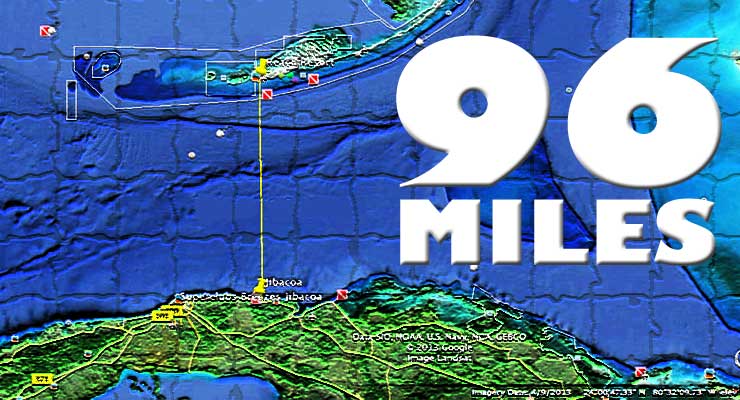
Negotiators who have been involved in talks between the United States and Cuba have expressed a sense of optimism. Separated by only 96 miles, the two countries are moving forward after the historic renewal of diplomatic ties authorized in December by Obama’s executive action. With the importance of the negotiations is clear to see, going over the details of the current relationship by analyzing how the relationship went south is vital. Being such a charged issue, it is important to focus on getting both sides of the argument, those who were for breaking this bond and those who were against it.

“We will end an outdated approach that for decades has failed to advance our interest and instead we will begin to normalize relations between our two countries,” President Obama said during his announcement back in December. Many are now lobbying the President for a relaxation of the embargo that has been in place for 54 years since the height of the Cold War when the Eisenhower administration first implemented restrictions upon the island nation, just off the coast of Florida. The United States officially ended diplomatic relations with Cuba on January 3rd, 1961.
One of Cuba’s main demands in the normalization of relations is to be taken off the state sponsor list of terrorism that the United States currently has Cuba on. “In our view it is not necessary to put it all in one package because, if, for example in a few weeks we receive some satisfactory notification in regard to the matter of Cuba’s removal from {the} terrorist list, I think we will be ready to then begin talking about how to formalize the reestablishing of relations,” Josefina Vidal, who is the head of Cuban delegates said to Cuba debates in an interview on Sunday, March 1st. “We could say: Ok let’s re-establish relations and the openings of the embassies are defunded until a later time; when there are appropriate conditions” Vidal continued.
Cuba was officially placed on the state sponsored list on March 1st, 1982. Under the strain of severe economic sanctions supported by the United States, the Cuban economy has struggled to gain any type of significant economic growth and its citizens are still often stuck with a lack of goods. The economy of Cuba is centrally planned and dominated by state run enterprises overseen by the Cuban Government. Though there remains significant foreign investment and personal enterprise in Cuba, a deep disconnect with the world economy is evident. While the economic sanctions affect materialized goods, the everyday health of Cubans is affected as well by a inadequate daily food ration system.
On the other side, while there are many that are in favor of the reconnection of ties between the two countries, there are some who are strongly against reconnection like Florida Senator Marco Rubio. He was recently quoted saying, “This entire policy shift announced today is based on an illusion, on a lie, the lie and the illusion that more commerce and access to money and good will translate to political freedom for the Cuban people”.
Ultimately it will be up to the political leadership of the two sides to put aside the mistrust of the last 50 years and rebuild strained US Cuba relations
Leave a Reply